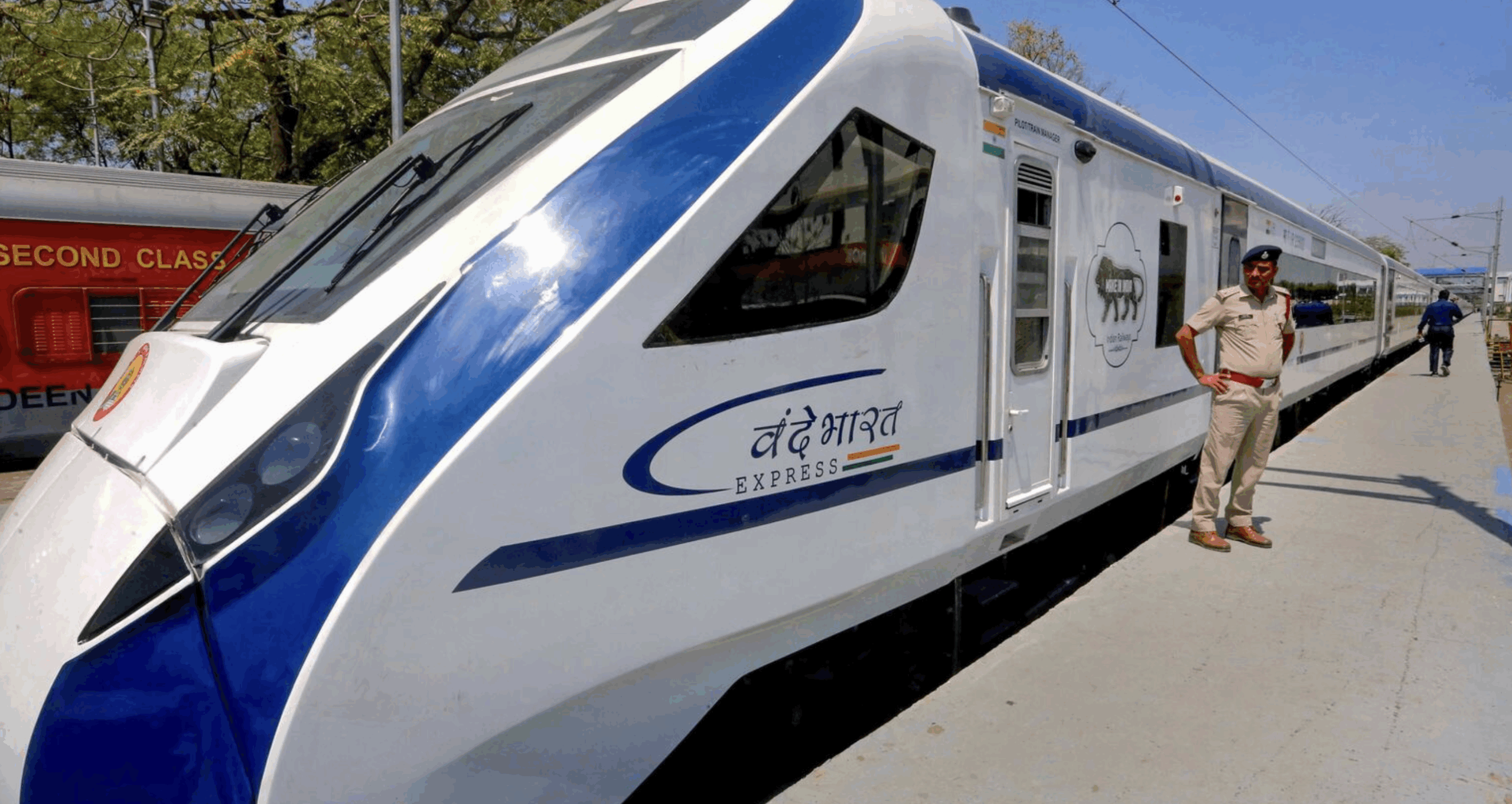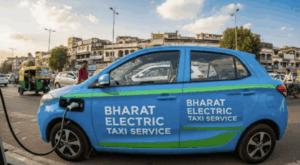As we know, the Reserve Bank Of India(RBI) launched the first pilot of digital rupee – Retail Segment on December 01, 2022.

Digital Rupee – Retail Segment Pilot Launch
It appears that five more banks will join the pilot on the central bank digital currency or e-rupee for retail customers.
This way this project will be extended to nine additional cities, the Reserve Bank said on Wednesday.
Its first phase includes four banks State Bank of India, ICICI Bank, Yes Bank and IDFC First Bank and subsequently, four banks Bank of Baroda, Union Bank of India, HDFC Bank and Kotak Mahindra Bank joined.
With this move, the CBDC is expecting to make the inter-bank market more efficient.
The settlements in e-rupee can reduce transaction costs by pre-empting the need for settlement guarantee infrastructure or for collateral to mitigate settlement risk.
Earlier when RBI began piloting the central bank digital currency or e-rupee for retail customers in December with eight banks in five cities, stressed that it does not want to rush with it but favors a slow and steady adoption.
Slow, Steady and Glitch-free Adoption
Presently, the retail CBDC is available for only 50,000 users and 5,000 are merchants.
So far, the service is being offered on an invitation basis by eight banks across five cities now, said RBI Deputy Governor T Rabi Sankar at the customary post-policy presser.
Sankar said that given the glitches-free adoption so far, five more banks will be added soon on to the platform along with increasing the number of cities where the pilot service is available now from the present five to nine more.
Further he mentioned that the central bank does not want to rush its adoption as it favors a slow, steady and glitch-free adoption.
Earlier, on November 1, and December 1, 2022, RBI launched the CBDC for wholesale and retail respectively.
It is noteworthy here that the use case of the wholesale CBDC is limited to the settlement of secondary market transactions in government securities and the retail e-rupee-is being piloted within a closed user group (CUG) comprising participating customers and merchants.












